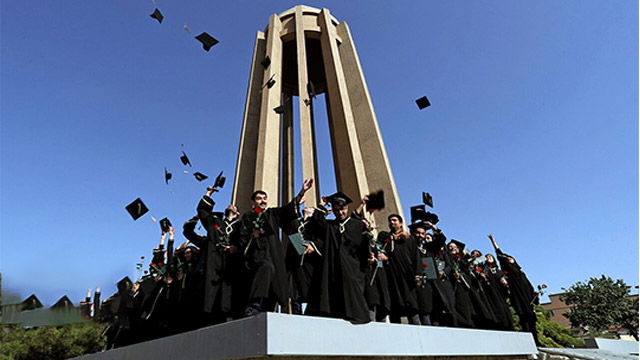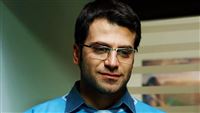Live
فارسی
عربي
ورود از طریق شبکه های اجتماعی
- استفاده مختص کاربران دارای هویت واقعی محرز شده نزد این پایگاه میباشد.
- این سایت در ستاد ساماندهی و بخش جرائم رایانهای دادگستری به ثبت رسیده است.
- گزارش تخلفات احتمالی این سامانه توسط کاربران الزامی می باشد
- کاربران باید طبق قوانین این سامانه که برگرفته از قوانین جرائم رایانه ای می باشد فعالیت کنند
- نام کاربری شما تکراری می باشد

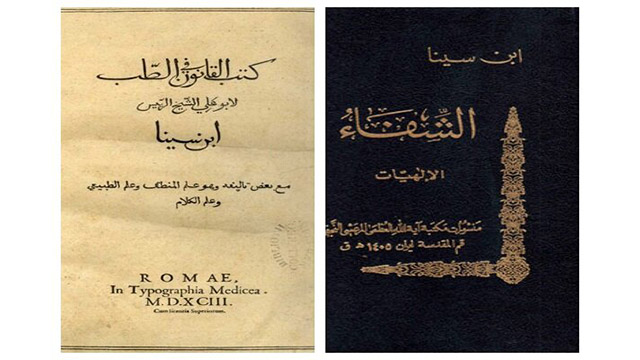 The Mausoleum of Avicenna is located at Ibn Sina Square, Hamadan, Iran. It has been registered as one of the national monuments of the country on Iran’s National Heritage List.
The Mausoleum of Avicenna is located at Ibn Sina Square, Hamadan, Iran. It has been registered as one of the national monuments of the country on Iran’s National Heritage List.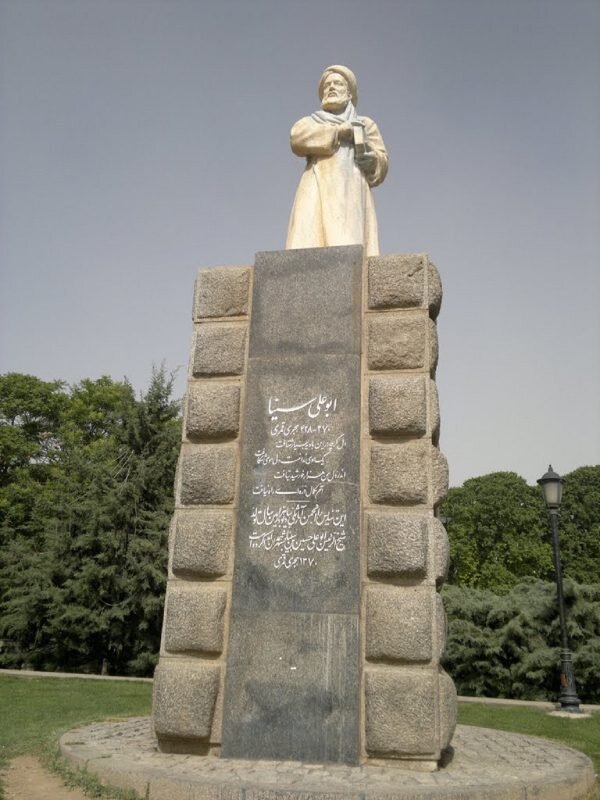
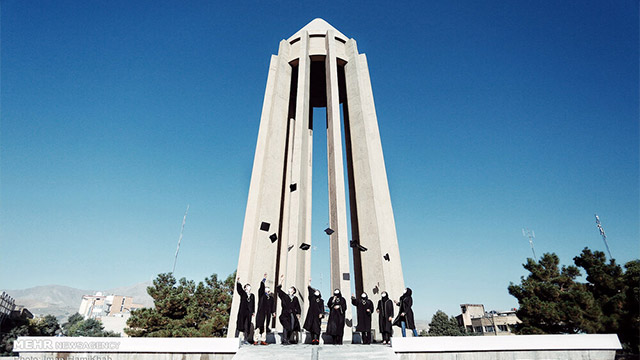 MM/FM
MM/FM

